Pickleball Scoring Explained: A Guide for All Players
Pickleball, that tennis-badminton-ping pong hybrid has taken over the world. Its fun, social and accessible nature has drawn players of all ages and skill levels in. But amidst all the laughter, friendship and thrilling rallies is a little complexity: the scoring.
For newbies, the pickleball scoring rules can seem like a maze of numbers and server positions. Even experienced players get confused sometimes, especially after a long rally. But fear not, this guide will break down the scoring for you so you’re always in control whether you’re a beginner stepping on the court for the first time or a seasoned pro going for a tournament win.
Pickleball Scoring Basics
At its simplest pickleball scoring operates on a few basic rules.
- Points are only awarded to the serving team and to earn a point they must win the rally.
- Games are played to 11 points with a 2 point advantage.
- Tournament play may vary with games going to 15 or 21 points.
The scoring system is slightly different between doubles and singles.
- In doubles the score is represented by three numbers like 0-0-2. The first number is the serving team’s score, the second is the receiving team’s score and the third is which server is serving (server #1 or server #2).
- In singles the scoring is simpler with only two numbers displayed, server’s and receiver’s score.
Calling the Score: Clarity and Timing
Calling the score in pickleball is not just a formality, it’s an important part of the game so everyone is on the same page. The server is responsible for calling the score clearly and loudly before each serve so both teams know the current game state.
Don’t call the score unless both the server and receiver are in position and ready to play. But if one player is stalling, you can call the score to keep the game moving.
In some cases like when the server’s voice doesn’t carry across the court, the server’s partner may call the score for them. Once this happens the partner becomes the score caller for the rest of the game.
Incorrect Scores and Referee Inquiries
Even in the midst of competition mistakes can happen and the wrong score can be called. But pickleball has a way to fix this.
- If a player notices an incorrect score they can stop play and ask for a correction before the 3rd shot of the rally is hit.
- But if you stop play after the 3rd shot is hit it’s a fault on the player who stopped play and the point stands.
This rule emphasizes the importance of being alert and quick to address scoring errors.
In tournament play where the stakes are higher players may ask specific questions about the score or server position to the referee. These questions must be asked before the serve and the referee will call time, answer the question and then restart play.
In Summary: Master the Score, Master the Game
Pickleball scoring may seem complex at first but becomes second nature with practice and knowledge. By knowing the rules, paying attention to server numbers and player position and communicating with your partner and opponents you can navigate the scoring system with ease and focus on the fun of the game.
Remember pickleball isn’t just about winning or losing, it’s about the experience, the laughter, the friendship and the thrill of the rally. By mastering the score you can fully enjoy the magic of pickleball and create memories that will last a lifetime. So grab your paddle and get on the court and let’s play!

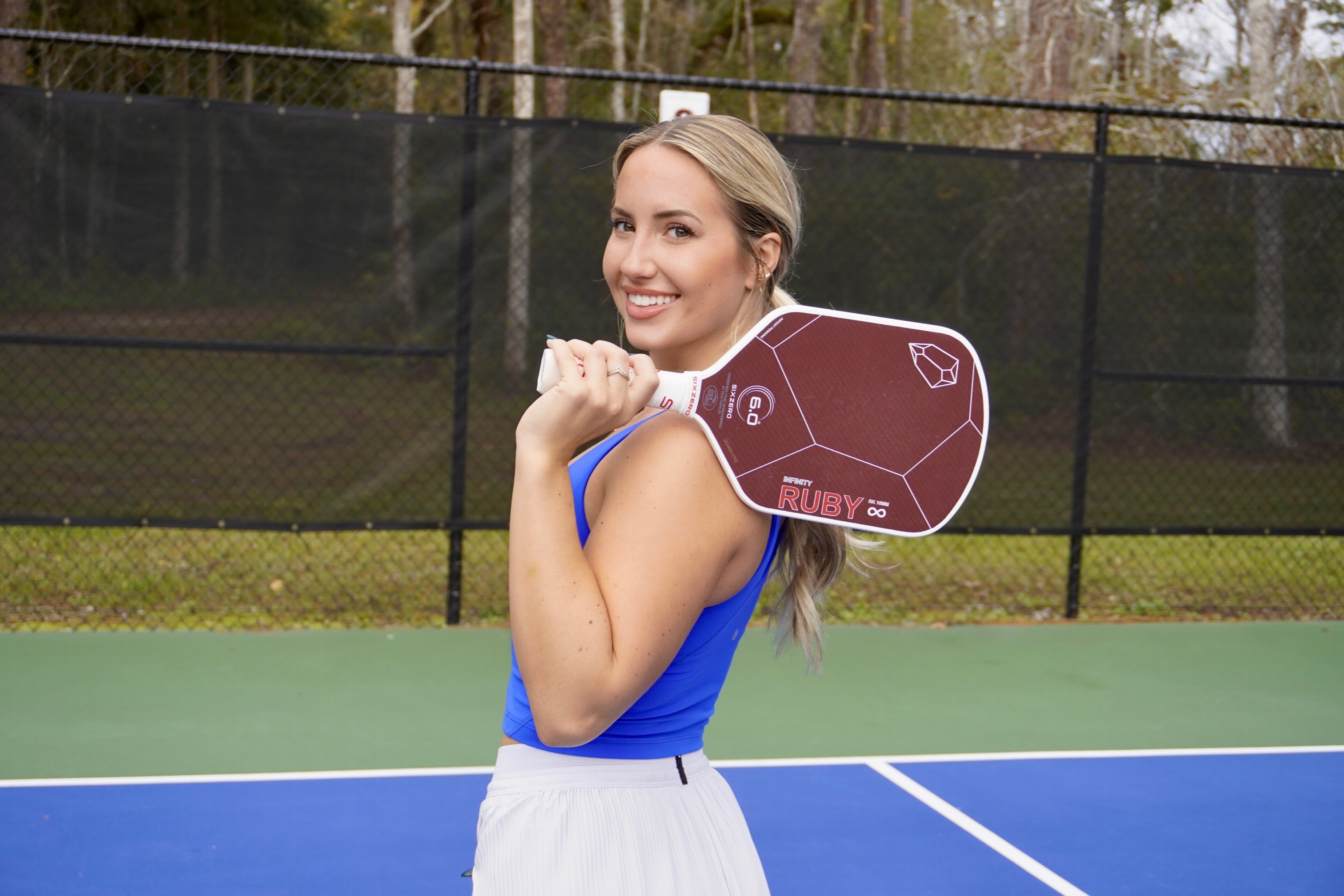
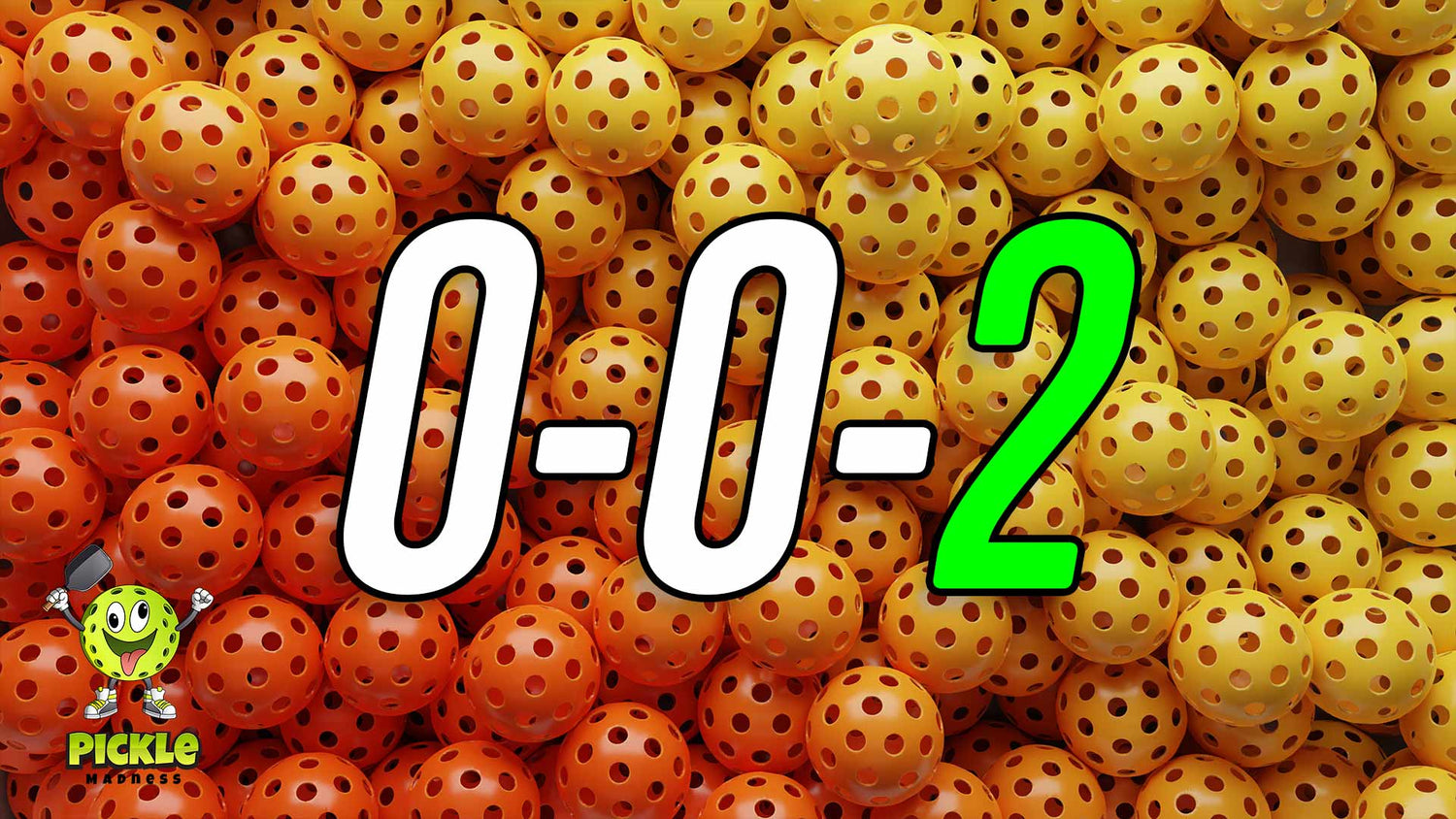
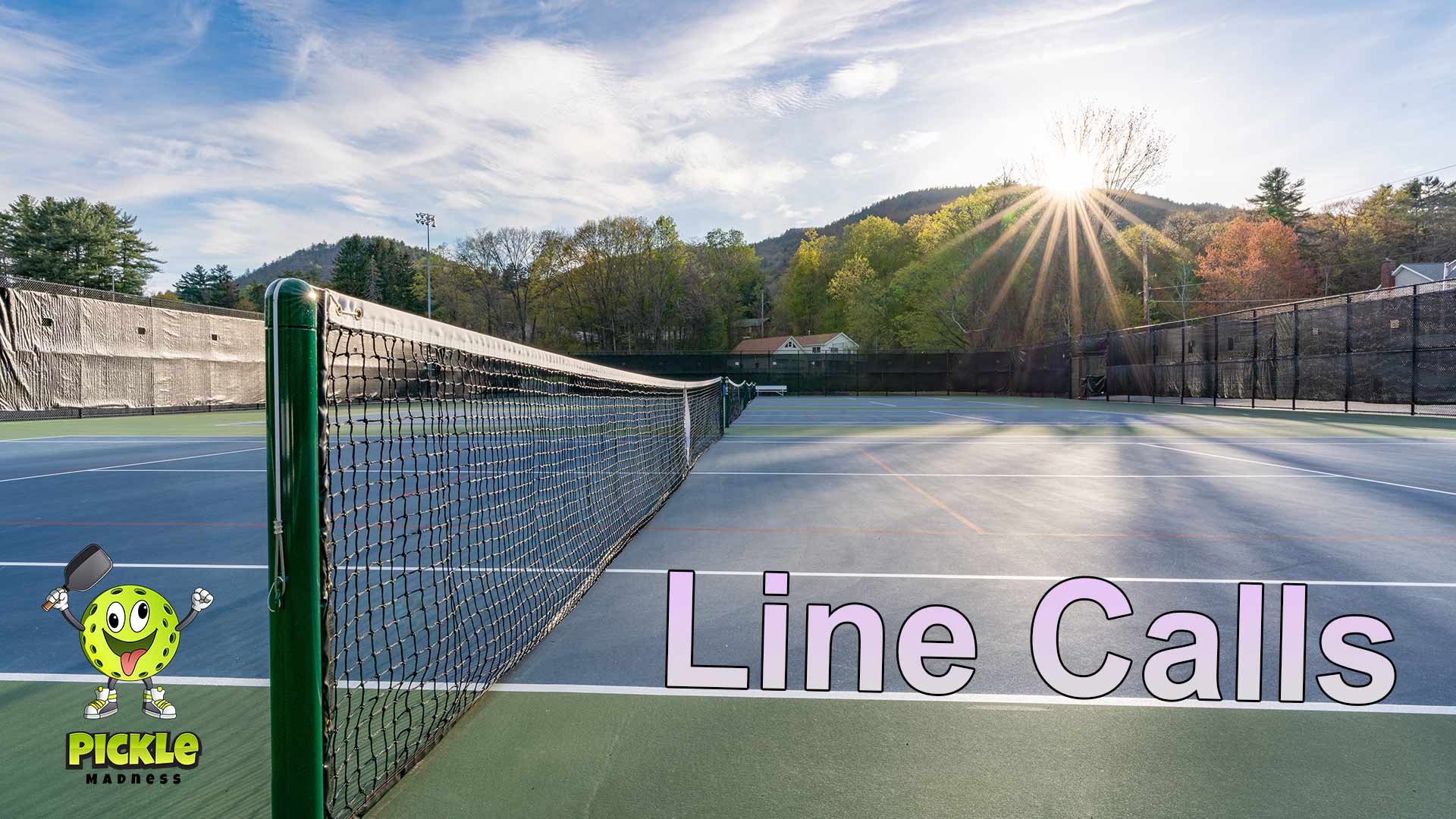
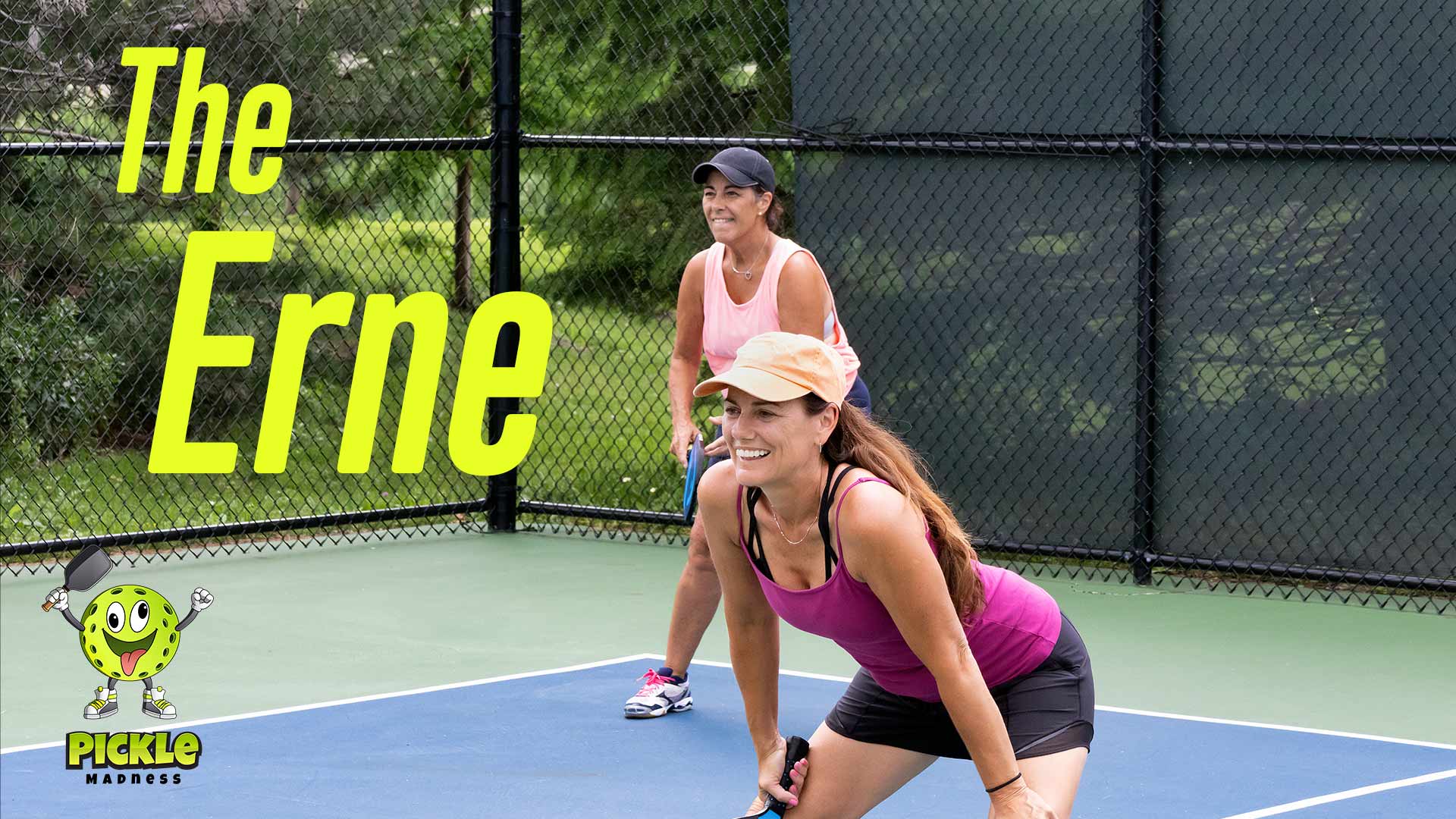

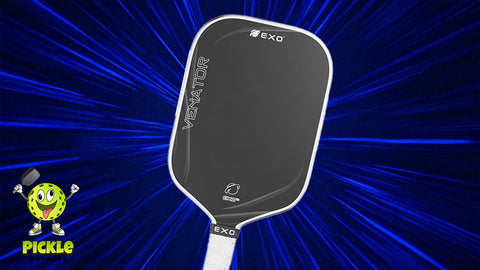
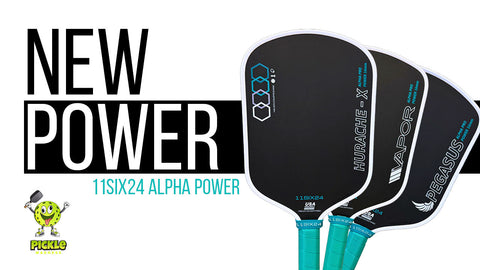
Leave a comment
This site is protected by hCaptcha and the hCaptcha Privacy Policy and Terms of Service apply.